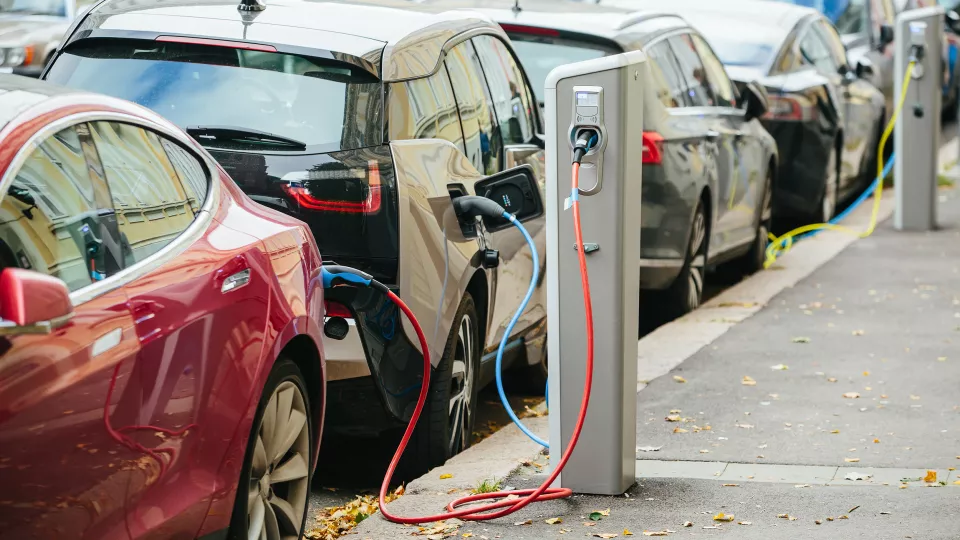Electric vehicles will play a significant role in decarbonizing the transport sector. However, if not coordinated, the increase in electricity use threatens to overload the energy system. The charging of the vehicles must therefore be done strategically in order to maintain balance between supply and demand. Smart charging – a combination of information and communication technologies and energy networks – optimizes the charging and may contribute to a more stable consumption. The technology requires, however, a close collaboration among users, system operators, grid owners and other stakeholders. In smart charging, users are also expected to be more flexible in their energy use and to relinquish their control over the charging process.
The study shows that users associate smart charging with uncertainty and worries about not being able to meet their mobility need. In order to decrease the uncertainty, and thereby also increasing the acceptance, users request more collaboration, better infrastructure, more user-friendly technology, and economic compensation. However, users’ flexibility capacity is to some extent dependent on factors outside of their control, such as working patterns, home conditions, access to charging stations and knowledge. The implementation of smart charging programs must there find ways to compensate for the users’ different preconditions in order to optimize participation.
The study is part of the ERA-Net funded research project CLUE, Concepts, planning, demonstration and replication of Local User-friendly Energy communities, and was done in collaboration with Malmö Stad, E.on and Parkering Malmö.
Read the report (in Swedish)


